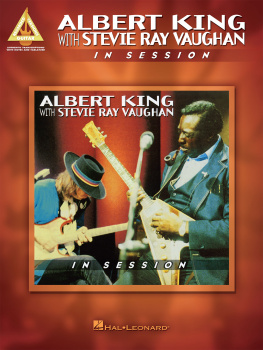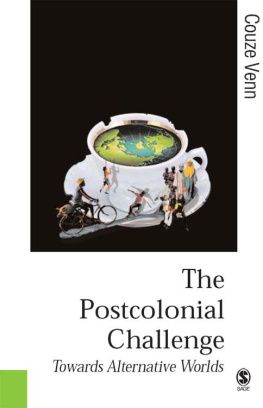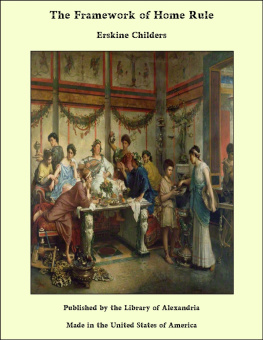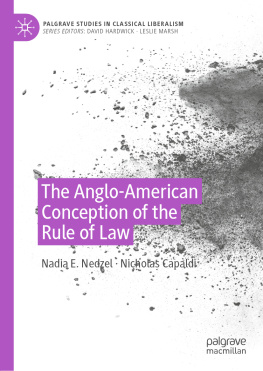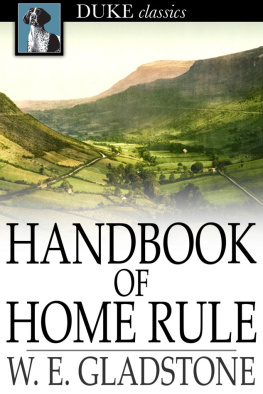PREFACE.
An author who publishes a book having any reference to Irish affairs may, not unnaturally, be supposed either to possess some special knowledge of Ireland, or else to be the advocate of some new specific for the cure of Irish discontent. Of neither of these suppositions can I claim the benefit. My knowledge of Ireland is merely the knowledgeperhaps it were better to say the ignoranceof an educated Englishman. It is derived from conversation with better informed friends, from careful attention to the discussions on Irish policy which for the last eighteen years have engrossed public attention, and from books accessible to ordinary readers. If I can claim no special acquaintance with Ireland, still less have I the presumption or the folly to come forward as the inventor of any political nostrum. My justification for publishing my thoughts on Home Rule is that the movement in favour of the Parliamentary independence of Ireland constitutes, whether its advocates recognise the fact or not, a demand for fundamental alterations in the whole Constitution of the United Kingdom; and while I may without presumption consider myself moderately acquainted with the principles of Constitutional law, I entertain the firmest conviction that any scheme for Home Rule in Ireland involves dangerous if not fatal innovations on the Constitution of Great Britain.
To set forth the reasons for this opinion is the object of this work. The opinion itself, whatever its worth, is not the growth of recent controversy; it has been entertained for years, and has been expressed by me in various publications. This book is much more than a reprint; its contents are, however, in part made up of articles which have already been published. My thanks are due to the owners of the Contemporary Review and of the New York Nation for their permission to make free use of my contributions to the pages of their periodicals; it is a pleasure to acknowledge the exceptional liberality with which my friend, Mr. E.L. Godkin, has allowed me to publish on my own responsibility in the columns of the Nation, opinions of which he is himself the strenuous and most able opponent.
Nor are my acknowledgments due only to the living. Gustave de Beaumont's 'Irelande sociale et politique' was placed in my hands by a friend after the plan of my argument was complete, and the writing of this book was in fact begun. From De Beaumont I learnt more than from any other writer on the subject of Ireland with whose works I am acquainted, and I found to my great satisfaction that his speculations curiously confirm the objections I was prepared to urge against the policy of Home Rule. It is a duty to insist upon the debt I owe to De Beaumont, because at the present moment no greater service can be rendered to Englishmen and to Irishmen alike than to press upon them the study of an author whose writings are far better known on the Continent than in England, and whose thoughts, though they may seem a little out of date, are full not only of profound wisdom but of practical guidance.
A.V. DICEY.
OCTOBER, 1886.
CHAPTER I.
NATURE OF THE ARGUMENT.
Aim and line of argument
My aim is to criticise from a purely English point of view the policy of Home Rule, or the proposal to create a more or less independent Parliament in Ireland; and as a result of such criticism to establish the truth, and develop the consequences, of this propositionnamely, that any system of Home Rule, whatever be the form it takes, is less beneficial to Great Britain, or (to use popular language) to England, than is the maintenance of the Union, and is at least as much opposed to the vital interests of England as would be the national independence of Ireland.
The train of reasoning by which it is sought to establish this principle, and the consequences which the principle involves, consists of the following steps: first, an examination into the causes which give strength to the Home Rule movement in England, and the nature of the arguments in its support used by English Home Rulers; secondly, a statement of the advantages and disadvantages, from an English point of view, on the one hand of maintaining the Union, and on the other of separation from Ireland; thirdly, a criticism of each of the principal forms under which Home Rule has been actually presented to the attention of the public, the aim of such criticism being in each case to determine how far the particular form of Home Rule can compete as regards the interests of England with the alternative policies of Unionism and of Irish independence; and, fourthly, a summary of the conclusions arrived at by this survey of the policy of Home Rule. My endeavour will be to make this survey without any appeal to prejudice, passion, or sentiment, and with the calmness and fairness which a scientific constitutionalist should display in weighing the merits of any other proposed alteration in our form of government, such for example as the introduction of life peers into the House of Lords, or in estimating the value of some foreign constitutional invention, such for example as the Swiss Referendum or the Dual system which links together Hungary and the Austrian Empire. No citizen of the United Kingdom indeed can pretend to be an impartial critic of a policy which divides the whole nation into opposing parties. But during a period of revolutionary excitement it is well to remember that any legislative innovation, however keen the feelings of partisanship which it may arouse, is always in itself capable of being looked at from a logical or abstract point of view, and ought to be so looked at by jurists. To one class indeed among the advocates of Home Rule the fundamental principle contended for in these pages will appear irrelevant to the points at issue between such Home Rulers and their opponents. Nationalists, who still occupy the position held in 1848 by Sir Gavan Duffy and his friends, and who either openly contend for the right of Ireland to be an independent nation, or accept Home Rule (as they may with perfect fairness) simply as a step towards the independence of their country, are naturally and rightly unaffected by reasoning which shows, however conclusively, that Home Rule may be as injurious to England as a complete severance of the political connection between England and Ireland. A Nationalist may say with justice that he is no more bound to consider whether England will or will not be damaged by Ireland's becoming a nation, than an Italian patriot was bound, in 1859, to show that Austria would not suffer by being deprived of Lombardy or of Venetia; he accepts Home Rule on the maxim that half a loaf is better than no bread, but a starving man is not required to refuse the offer of food because the donor cannot make the gift without getting into debt; nor does the acceptance of half a loaf afford the least presumption that the recipient would not prefer a whole loaf if he could get it. Some indeed of the considerations which tell in the eyes of an Englishman against Home Rule may indirectly lead an Irish Nationalist to the belief that the boon of legislative independence, if granted to Ireland, would prove the present of a stone in reply to a prayer for bread. But should a Nationalist be convinced that no form of Home Rule would benefit Ireland, he would cling all the more firmly to the faith that her salvation depends upon her taking her place among independent states. To Nationalists, therefore, even though at present they may be fighting the cause of Irish nationality behind the vizor of Home Rule, these pages are not addressed; the position they occupy is one of which no man has any cause to feel ashamed. The opinion that, considering the misery which has marked the connection between England and Ireland, the happiest thing for the weaker country would be complete separation from the United Kingdom, is one which in common with most Englishmen, and, it may be added, in common with the wisest foreign observers, I do not share; but fairness requires the admission that it is an opinion which a man may hold and may act upon, without incurring the charge either of folly or of wickedness. To Nationalists, however, these pages, as I have said, are not addressed. The persons for whom they are intended are either Home Rulers, whether in Great Britain or in Ireland, who



